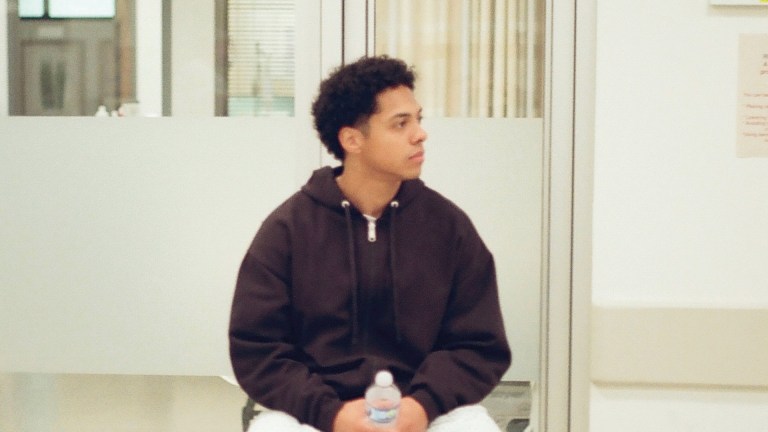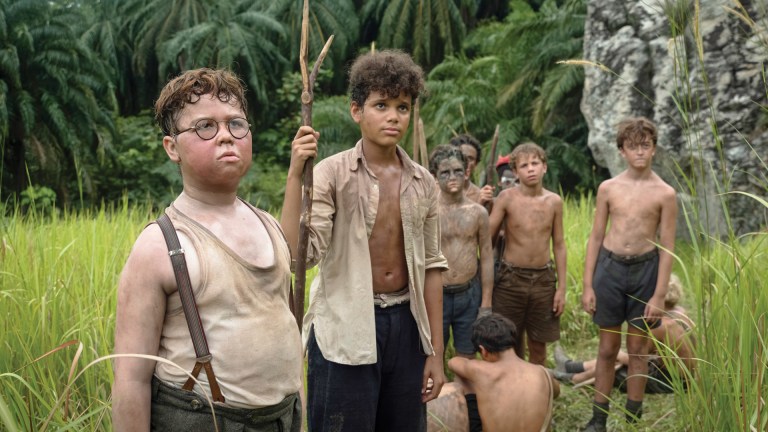The Big Issue: How was your experience of making Beecham House?
Adil Ray: I really enjoyed it. For me the big take away was going out to India. A fantastic experience. My father is from Pakistan, which used to be part of India. My grandfather from my maternal side left Lahore when it was still India and went to East Africa, Kenya. So in many ways I feel Indian. It is only because of partition that your national background changes. So I always wanted to go there but I had visa problems. If you have any Pakistani heritage, India make it incredibly difficult. Things like that can actually do more harm than good – I am not political, I have no association with anybody from any fundamentalist background, and to have to go through that can create a real distance.
Beecham House tells a history we haven’t seen before [the show is set before India was colonised, in 1795]– was that one of the reasons you wanted to be involved?
Exactly that. Gurinder [Chadha] is an absolute powerhouse. What she has done brilliantly is to depict an era we have not seen before. What was going on with the East India Company at that time, what was the attitude of Indians? I thought that was a really interesting era to be in. And I loved my character, Murad Beg. He has travelled, and is well educated, well read, loves good conversation and loves the mixing of cultures and communities.
It’s almost like an origins story for the British Raj dramas we have seen so often.
Everyone thinks of Gandhi, the days of the Raj and A Passage To India – but this is very different. Gurinder has created, and unashamedly so, this very Upstairs Downstairs or Downton Abbey feel. The people I love the most are the Indian kitchen staff – it is their reactions or side conversations about Beecham or the more well-to-do Indian family members that turn up that I enjoyed most. Gurinder has given them a voice.









